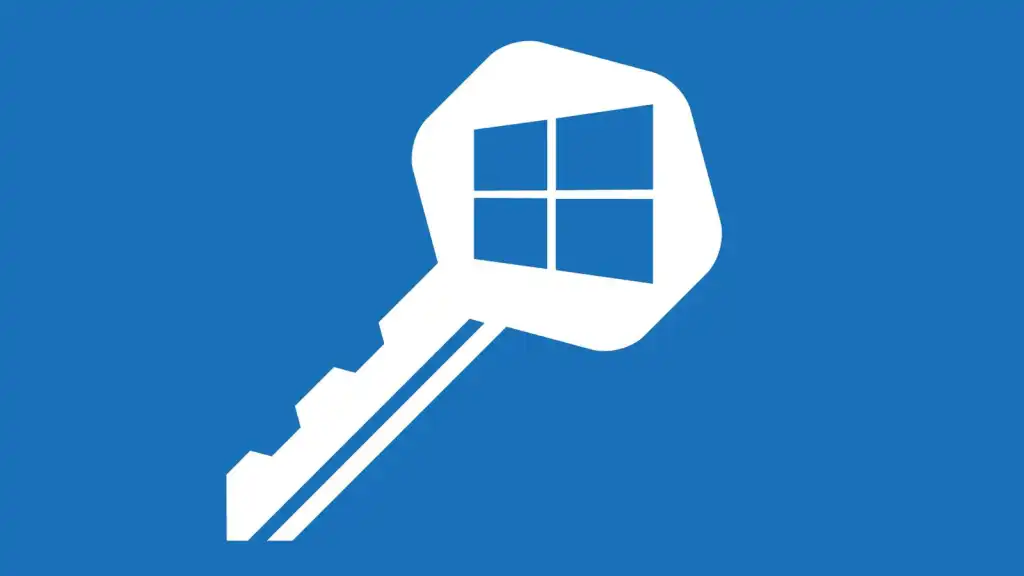When it comes to activating software, especially operating systems like Windows, users often come across different types of product keys. The three most common types are Phone Activate Key, OEM Key and Retail Key. Understanding the differences between these types is essential for making informed decisions when purchasing or activating software. In this article, we’ll break down the key features, advantages, and limitations of each.

Phone Activate Key
A Phone Activate Key refers to a specific activation method for Microsoft Windows, where the user must call a Microsoft automated phone system to complete the activation process. This method is generally used when the online activation method doesn’t work, and it is more common with older versions of Windows or in scenarios where internet access is limited.
Key Characteristics:
- Manual Process: Users are required to call a specific number and enter a set of installation IDs provided by the system. In return, they receive confirmation IDs to activate their software.
- Offline Activation: This method works well in situations where users do not have access to the internet.
- Potential Restrictions: Phone Activate keys may be tied to specific hardware configurations. If you change your hardware significantly, you might need to reactivate the software through the phone method again.
Pros:
- Works Without Internet: Ideal for users in areas with limited or no internet access.
- Often Cheaper: These keys can sometimes be less expensive than retail keys.
Cons:
- Inconvenient Activation: The process of calling and entering long strings of numbers can be tedious.
- Limited Transfers: May only be usable on one machine or hardware setup.
OEM Key (Original Equipment Manufacturer)
An OEM Key is a type of license typically pre-installed on new computers by manufacturers. This key is tied to the first hardware it activates on, usually the motherboard. OEM keys are widely used by manufacturers who install operating systems on devices before shipping them to consumers.
Key Characteristics:
- Single Activation: OEM keys are designed to be used on one machine. Once installed and activated, the key is locked to that hardware.
- Lower Cost: OEM keys are usually cheaper than retail keys because they come with pre-installed systems and do not offer additional support or flexibility.
- No Transferability: Once activated on a machine, the OEM key cannot be used on a different computer. If the motherboard fails and is replaced, you might need to purchase a new license.
Pros:
- Cheaper: OEM licenses are generally more affordable than retail licenses.
- Common for Pre-Built PCs: They are often bundled with computers, making them easy to obtain for new systems.
Cons:
- No Hardware Flexibility: Tied to the hardware it is first installed on, making it difficult to transfer the license if you upgrade or change systems.
- Limited Support: No direct support from Microsoft; support is provided by the PC manufacturer.
Retail Key
A Retail Key is a product key that consumers can buy directly from Microsoft or authorized resellers. It is the most flexible type of license available, offering full support and transferability between devices. Retail keys are generally sold in physical or digital form.
Key Characteristics:
- Full Microsoft Support: Retail keys come with official support from Microsoft. Users can contact Microsoft for any issues related to activation or licensing.
- Transferable: Retail keys can be transferred to another machine, as long as the key is removed from the previous one. This offers significant flexibility, especially for users who frequently upgrade or replace their hardware.
- Multiple Activations: While it can only be active on one device at a time, you can reactivate the license on a new device as long as it has been deactivated on the old one.
Pros:
- Flexibility: Retail keys are ideal for users who want to upgrade their machines or change hardware frequently without worrying about licensing issues.
- Better Support: Full support is available from Microsoft, which is an added benefit for non-technical users.
- Transferability: Can be transferred to another machine easily.
Cons:
- Higher Price: Retail keys are typically more expensive than OEM or Phone Activate keys.
- Single Device Activation: Although transferable, only one device can be activated at a time.
Comparison Summary
| Feature | Phone Activate Key | OEM Key | Retail Key |
|---|---|---|---|
| Activation Process | Phone call, entering IDs | Automatic with first hardware | Online activation, simple process |
| Price | Often cheaper | Cheapest of all three | Most expensive |
| Transferability | Limited, usually bound to hardware | Locked to one machine | Fully transferable between devices |
| Support | Limited, no direct Microsoft support | No support from Microsoft | Full Microsoft support |
| Usage Flexibility | May require reactivation with hardware changes | Locked to original hardware | Flexible, can be used on new hardware |
| Internet Requirement | Not required | Required for initial activation | Required for online activation |
Conclusion
Choosing between a Phone Activate, OEM, or Retail key depends on your specific needs. If you’re looking for the cheapest option and don’t mind being tied to one piece of hardware, an OEM Key might be your best choice. For users who may not have consistent internet access, a Phone Activate Key offers a flexible offline activation method. Finally, if you prefer flexibility, plan on upgrading hardware frequently, or want direct Microsoft support, a Retail Key is worth the extra investment.
Understanding these differences will help you make an informed decision and avoid potential complications with software licensing in the future.


